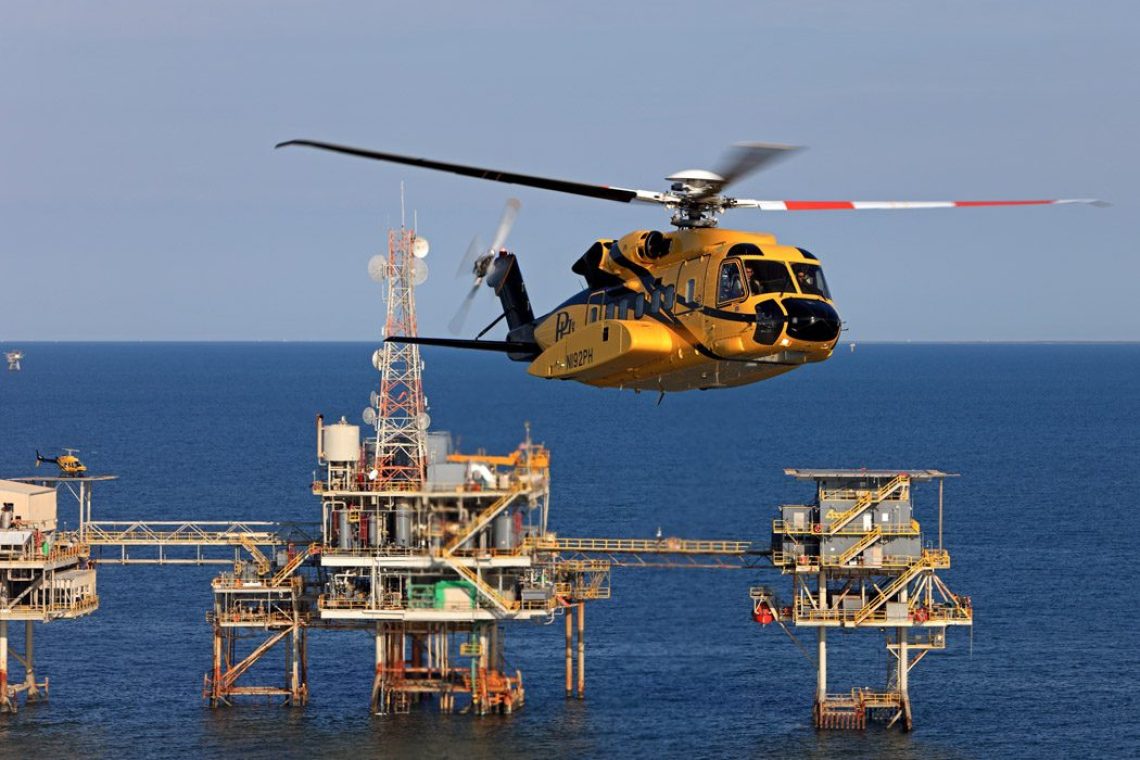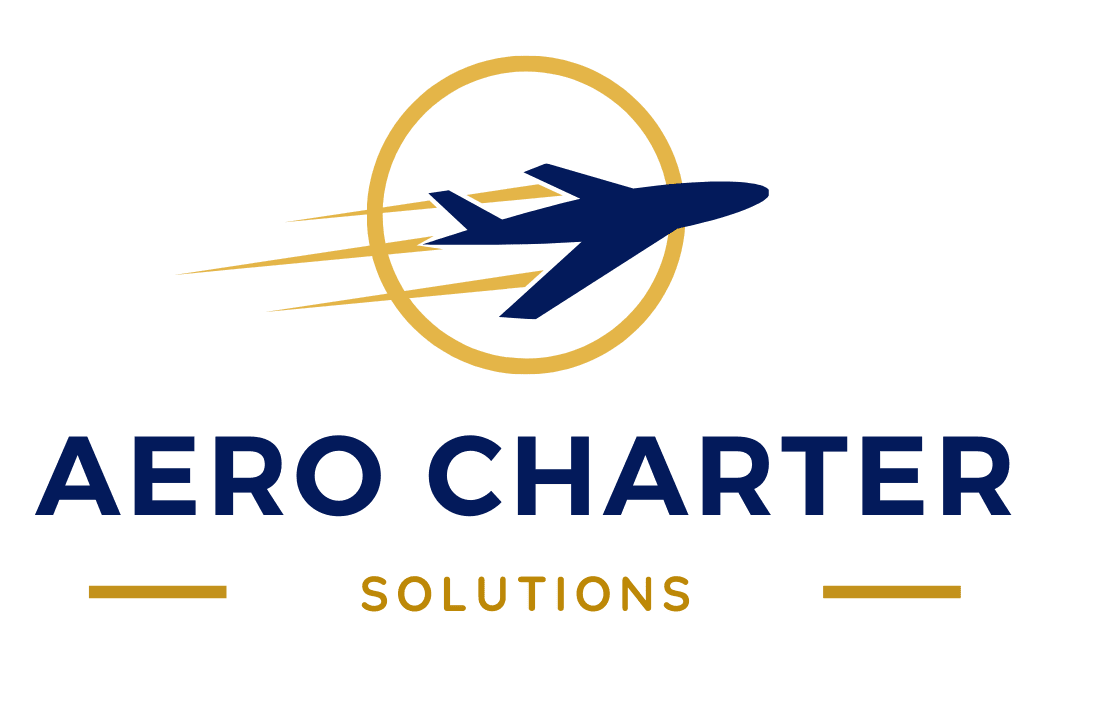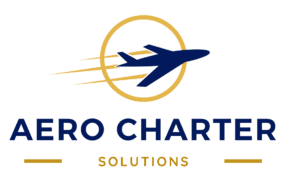The oil industry, with its unique logistical and operational requirements, often needs reliable and flexible transportation solutions. Chartering aircraft for the oil industry is becoming an increasingly popular choice, providing not only efficiency but also safety and comfort. In this article, we will discuss why aircraft charter is so vital for the oil industry, the benefits it offers, and the process involved in chartering an aircraft.
Why Aircraft Charter is Essential for the Oil Industry
1. Location and Accessibility
Oil fields are often located in remote, hard-to-reach areas, such as offshore rigs or distant desert regions. Regular commercial flights may not serve these locations, making aircraft charters essential. Private flights can land at nearby airports or airstrips, minimizing time and transportation costs.
2. Time Flexibility
In the oil industry, time is crucial. Equipment failures, delivery delays, or sudden needs to transport personnel require immediate action. Chartering an aircraft allows for flexible scheduling, enabling quick responses to changing operational needs.
3. Safety
Transporting workers and equipment to remote and potentially hazardous locations requires the highest level of safety. Chartered aircraft offer advanced safety standards, regular maintenance checks, and experienced crews, ensuring the protection of passengers and cargo.
4. Comfort and Efficiency
Long journeys on commercial flights can be tiring and inefficient for personnel who need to be ready to work upon arrival. Chartering aircraft provides comfortable travel conditions, allowing for rest and preparation, thus increasing productivity.
Benefits of Aircraft Charter for the Oil Industry
1. Speed and Reliability
Chartered aircraft are available on-demand, allowing for rapid movement between locations. The absence of commercial flight schedules means significantly shorter and more efficient travel times.
2. Customization to Client Needs
Every flight can be tailored to specific client requirements. Whether transporting specialized equipment or a large group of workers, aircraft charters allow for flexible and precise planning of every aspect of the journey.
3. Cost Optimization
While aircraft charters might seem expensive, they can save money in the long run. Reducing downtime, avoiding costly delays, and maximizing operational efficiency contribute to lowering overall operational costs.
4. Increased Employee Morale
Providing comfortable and safe travel conditions positively impacts employee morale. The high standard of chartered flights ensures that workers are happier and more ready to work efficiently upon arrival.
The Aircraft Charter Process for the Oil Industry
Step 1: Determine Requirements
The first step is to clearly define the transportation needs. Consider the number of passengers, the type and amount of equipment, departure and destination locations, and preferred dates and times for the flights.
Step 2: Choose the Right Aircraft
Based on the defined requirements, select the appropriate aircraft type. Depending on the distance, number of passengers, and amount of cargo, options range from smaller turboprop planes to large jets.
Step 3: Collaborate with a Charter Broker
Working with an experienced charter broker is crucial. The broker will help find the right aircraft, negotiate terms, and handle all formalities, allowing you to focus on core business objectives.
Step 4: Plan Logistics
Logistics planning involves more than just the flight. It includes ground transportation, customs clearance, and additional services such as catering or crew accommodations. All these elements must be meticulously planned and coordinated.
Step 5: Execute the Flight
On the day of the flight, the entire process is monitored by an operational team to ensure smooth execution. From takeoff to landing, every link in the transportation chain is carefully controlled to guarantee safety and punctuality.
Practical Tips
- Plan Ahead: Ensure availability and the best conditions by planning charters well in advance.
- Be Flexible: Being flexible with flight dates and times can help optimize costs.
- Communicate Clearly: Clear and open communication with the charter broker allows for better service customization to meet specific needs.
- Legal Safeguards: Ensure all contracts and legal safeguards are in place to avoid unexpected issues.
- Choose Reputable Operators: Select reputable and experienced charter companies with a proven track record in the oil industry to ensure the highest level of service.
Conclusion
Aircraft charter for the oil industry is an indispensable tool that ensures efficiency, safety, and comfort in challenging operational environments. With flexibility, speed, and high safety standards, chartered aircraft allow for smooth logistical operations, minimizing downtime and maximizing operational efficiency.
If you are interested in chartering aircraft for your oil company, contact us today. Our experienced team will assist in planning and executing every aspect of your journey, providing professional service and a personalized approach to every assignment.



